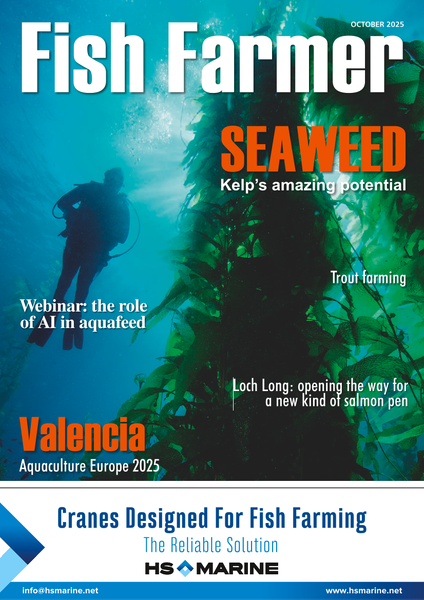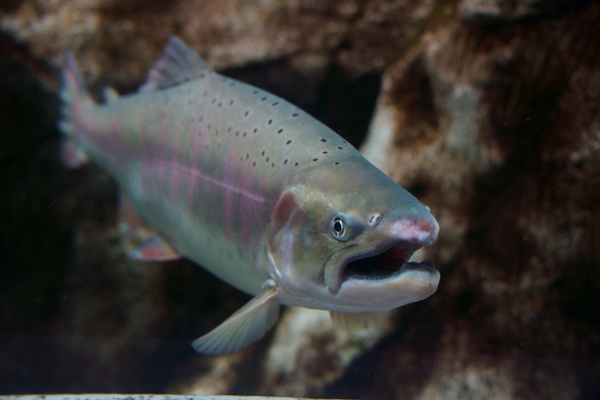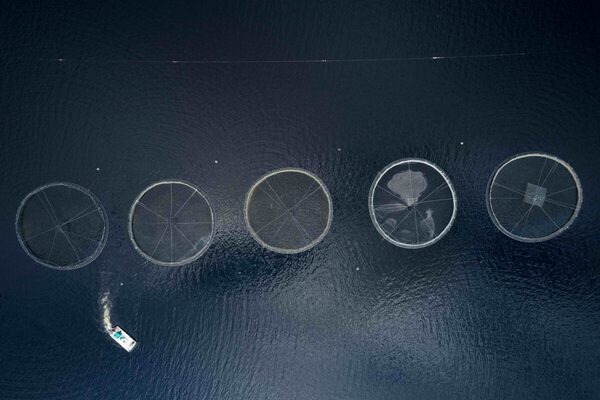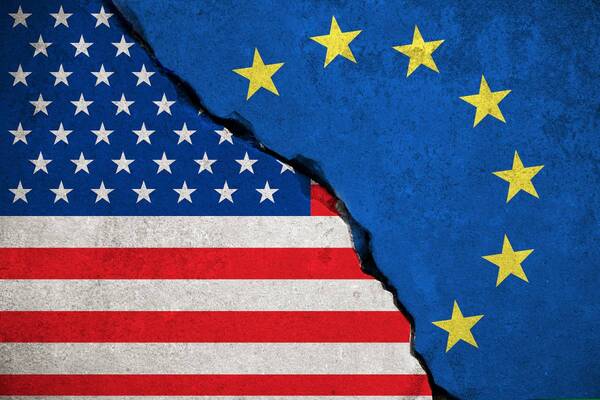Nick Joy asks: Is this the end of science?
I was reading a rather wonderful article the other day which suggested that any headline phrased as a question will always be answered by “No”. I am not sure this is the case here, but I will leave you to judge.
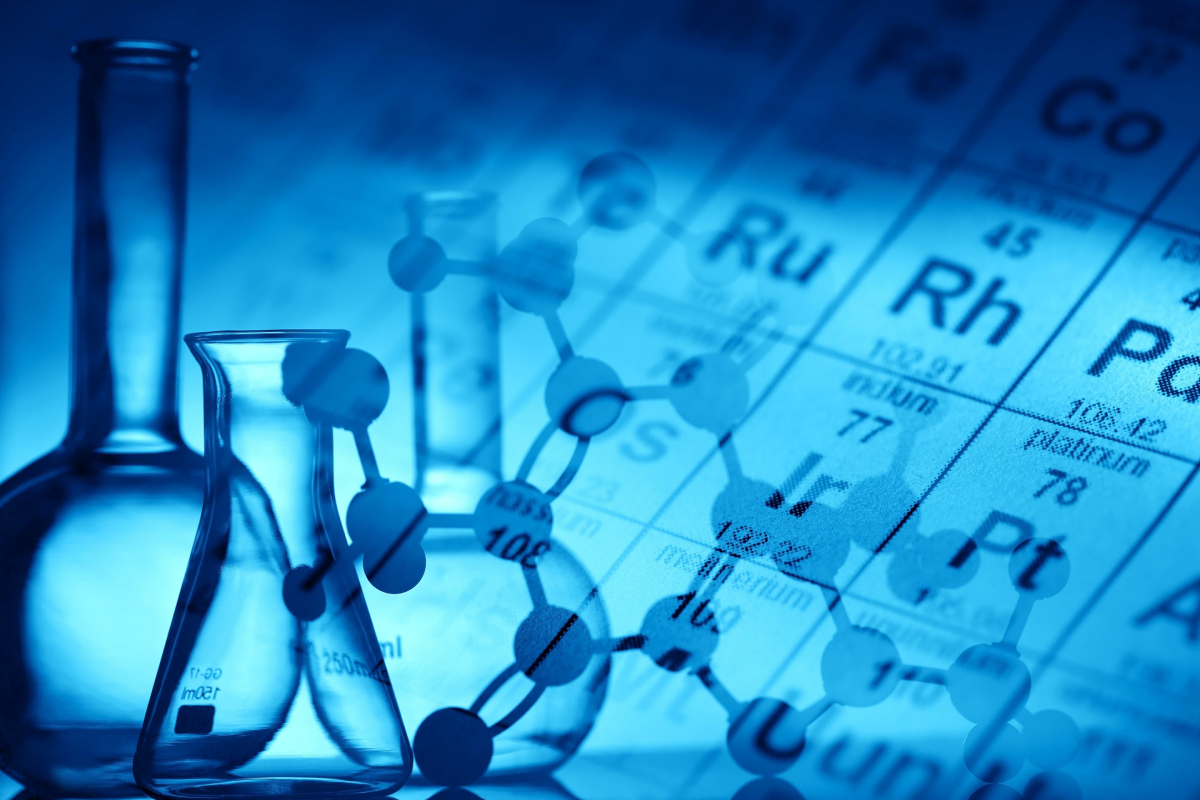
In my criticism of the civil service, I have often used the word corrupt, which worries some people as they see corruption as being monetary. Where the word is apt is in the decline of impartiality – not just political impartiality – in the civil service. More and more activists, from Stonewall to the vegans, see impartiality as something that needs to be swayed.
I once had an argument with a pro-salmon farming scientist who was angered by the bias of some scientific documents. When I suggested that all human beings are biased, he replied that he could not be because he was a scientist.
Everyone is biased. It is simply impossible not to be, unless you do not care for anything in the world. So the only way to have impartial organisations is for the people in them to declare their bias, not just to their organisation but also, most importantly, to themselves. If you cannot understand your own bias, you cannot produce unbiased work.
Often in social media these days you see the phrase “science produces results for those who pay it most”.
People assume that the only malign influence is monetary but in a rich, cosseted society there is another, just as malign: the pursuit of righteousness. I mean by this the desire for others to see our goodness: what we now call “virtue signalling”.
Science is extremely vulnerable to this type of activism. If you cannot counter a reasoned argument then you can produce some science to say that it is dangerous, unhealthy or bad for the planet. So, scientists are caught in this morass. Of course there are scientists in industry and in no way am I suggesting that they are corrupt. Their allegiance is clear and they have declared their bias openly (this does not mean that the work they produce is biased).
Activism is undermining science
The real danger to science comes from those who claim to be unbiased and work for independent organisations or government. For our society to operate in a sustainable manner, we need to find the best truth that we can and this was the role of science. Once science, the pursuit of truth, is corrupted by the invisible rot of activism, there is no guide. For a society that has lost religion for its moral guidance, losing science as well would be a desperate blow.
The problem is not that there are no scientists who are unbiased. It is that the public are losing faith in all forms of science because you cannot see which is produced by an activist and which is not. This corruption occurs both in government and without. If we do not watch out, science will be downgraded in the eyes of the public to a form of religion, that you can choose to believe in or not.
There is a simple solution, though I doubt government or any other organisation will use it. All organisations which employ scientists should hold a register of interests in which all scientists publishing work declare their potential bias. Anyone found not to have declared bias would, of course, be dismissed and their work downgraded. In this manner we could rebuild faith in the most critical field of the modern world.
Maybe if we did, one case I encountered would not have happened. I still find it disgusting that a previous head of SEPA, who declared personally to me that he had no interest in fishing, took over as one of the heads of a wild salmonid organisation, directly after retiring. Unsurprisingly, his tenure was marked by a significant increase in regulation in salmon farming.
Why not try these links to see what our Fish Farmer AI can tell you.
(Please note this is an experimental service)
